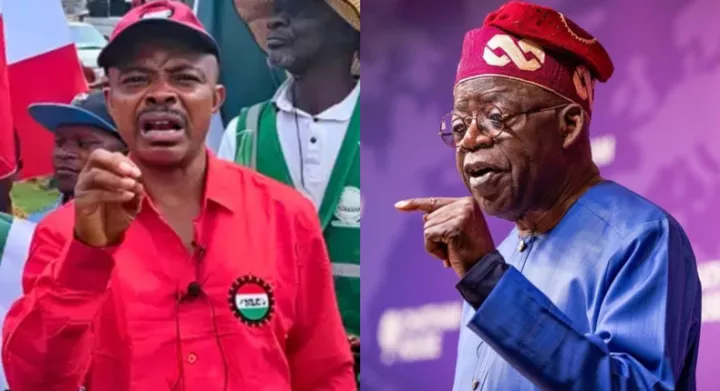
This week, the Nigerian Labour Congress (NLC) and the Trade Union Congress (TUC) shut down Nigeria, including causing a nationwide blackout, in an aggressive push for an improved national minimum wage.
The minimum wage is the lowest an employer may legally pay their employee every month. This affects not only the government that pays civil servants but also the private sector, except employers with less than 25 employees. Other exemptions to the payment of minimum wage are part-time workers, commission-based workers and those in seasonal employment like agriculture.
Nigeria implemented its first minimum wage law in 1981 with a benchmark of ₦125 per month. The wage has been increased only three times in the 43 years since then - from ₦125 to ₦5,500 in 2000, to ₦18,000 in 2011, and the current ₦30,000 in 2019.

According to the current law, the minimum wage should be reviewed every five years, and that threshold expired in April 2024; hence, the ongoing tug-of-war between the government and the workers.
Negotiating a new national minimum wage typically involves key representatives of organised labour making demands, the private sector to kind of stay in the loop, and the Federal Government and state governments pushing back on how much they can't pay workers.
In demanding a new minimum wage, the labour unions consider key economic indicators like inflation rate, fuel prices, and exchange rates, which have all blown up over the past few years. They have insisted that ₦494,000 is the right figure for the lowest earners in the economy to survive, but the government disagrees.
The President Bola Tinubu administration has insisted the best middle ground is to pay the workers ₦60,000 minimum wage, especially in consideration of the government's ability to pay.
Part of the government's consideration is also that paying a ₦494,000 minimum wage - which is a 1,547% increase - would also mean increasing the salaries of every other level of workers to maintain a competitive balance.
After this week's troubles, both parties have gone back to the negotiating table due to the president's promise to pay "above ₦60,000" but no one really knows what that means yet.
The national minimum wage is a generally divisive topic. All sides involved typically argue about its impact, especially as making it too high increases operating costs for businesses and could potentially cause job losses, or worsen inflation.
What's important to note is that even though the minimum wage law has enforcement mechanisms and penalties for defaulters, it is hardly ever enforced by the government. This allows the government, especially state governments, and private businesses to get away with paying peanuts to workers who are desperate enough to accept them.
So this is not just about fixing a new minimum wage, but also about making it efficient. The national minimum wage provides an important social protection for the country's lowest earners. They deserve to earn a minimum wage that helps them to stay alive.

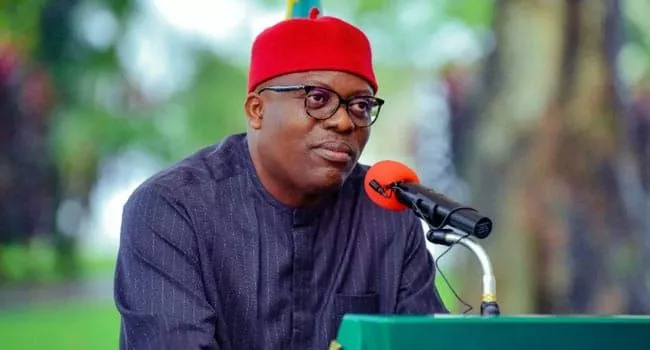
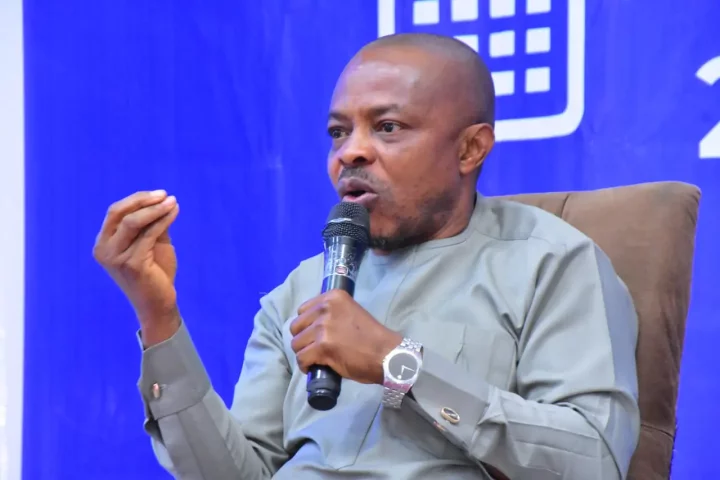
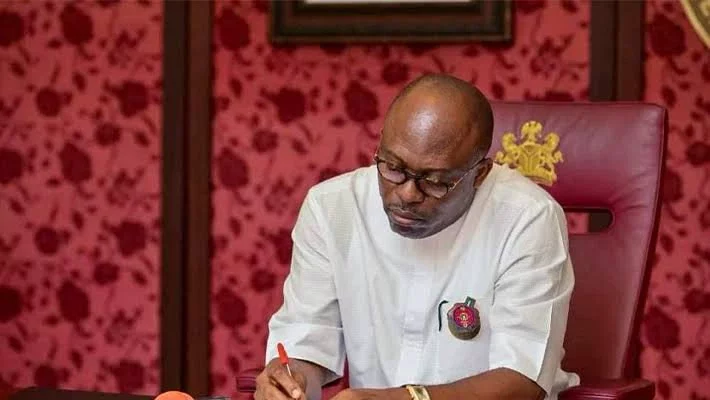

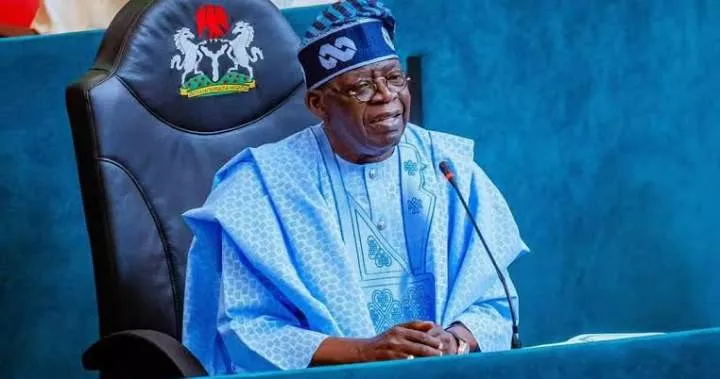
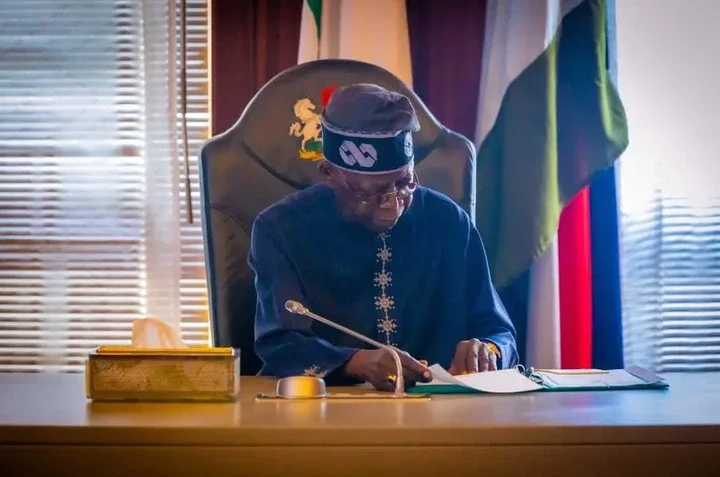
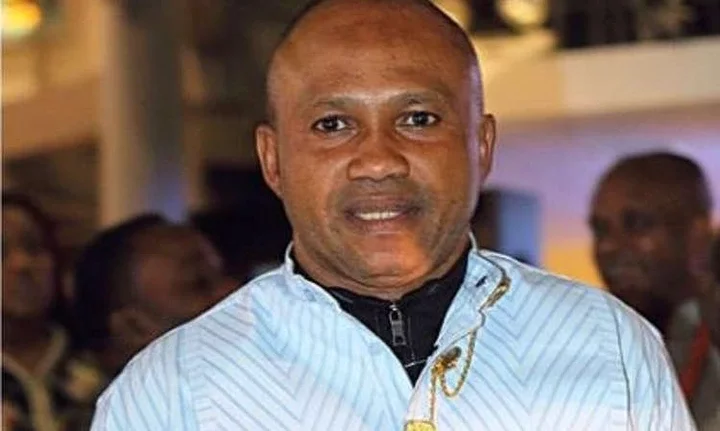



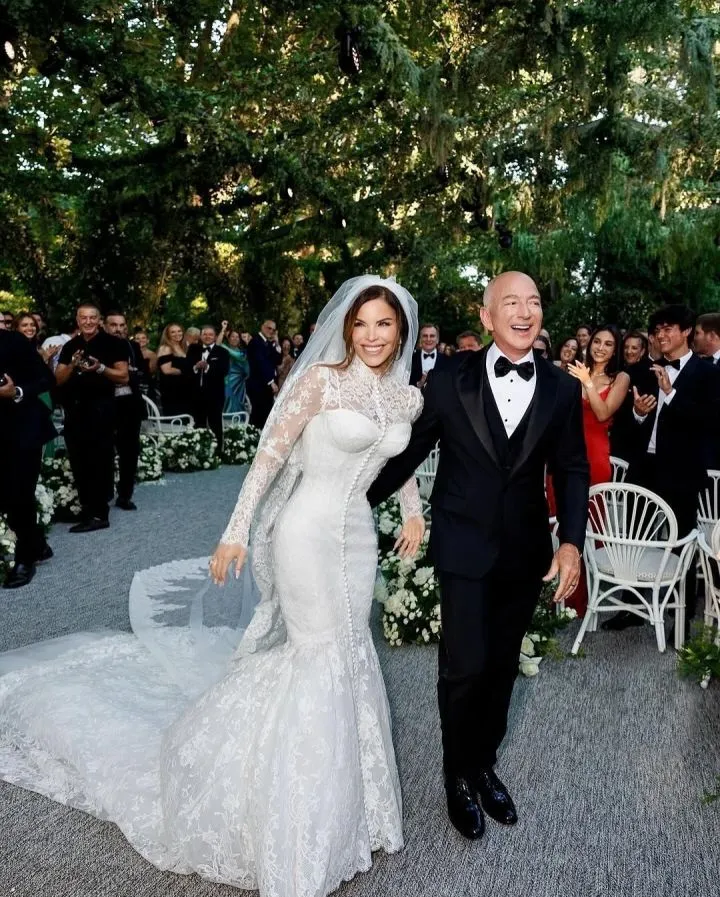
![Ranked! Top 10 goalkeepers in the world [2025] Ranked! Top 10 goalkeepers in the world [2025]](https://static.netnaija.com/i/vWaq3ZoWKrk.webp)
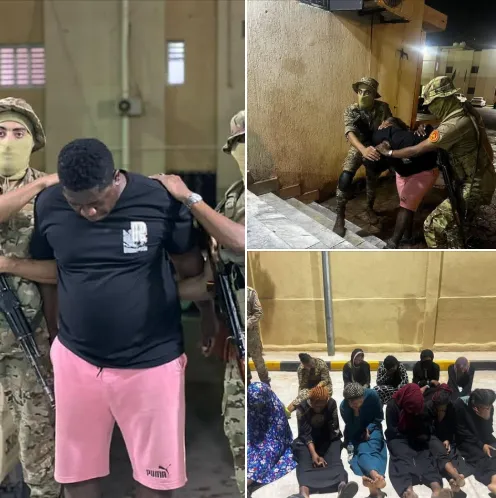
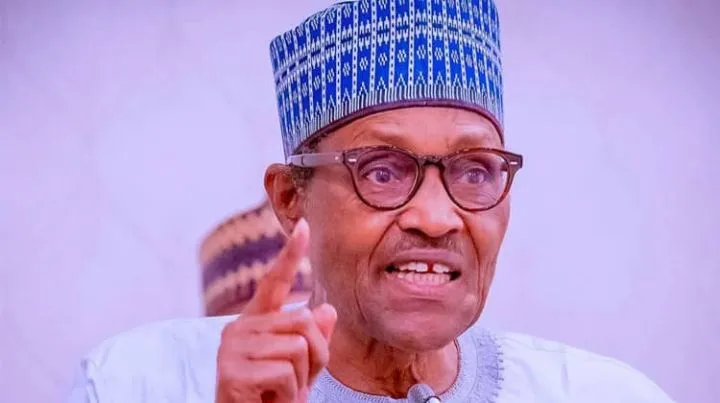
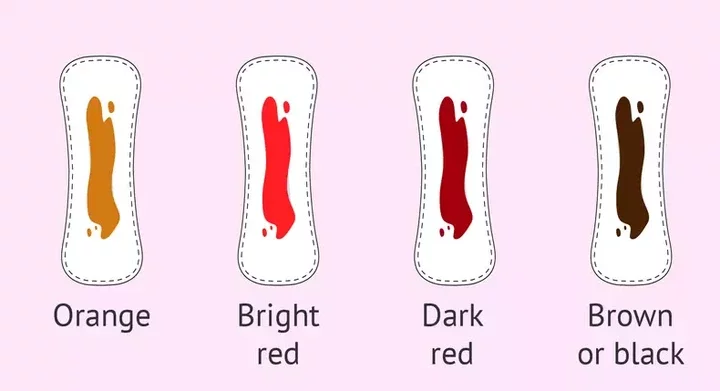

Comments